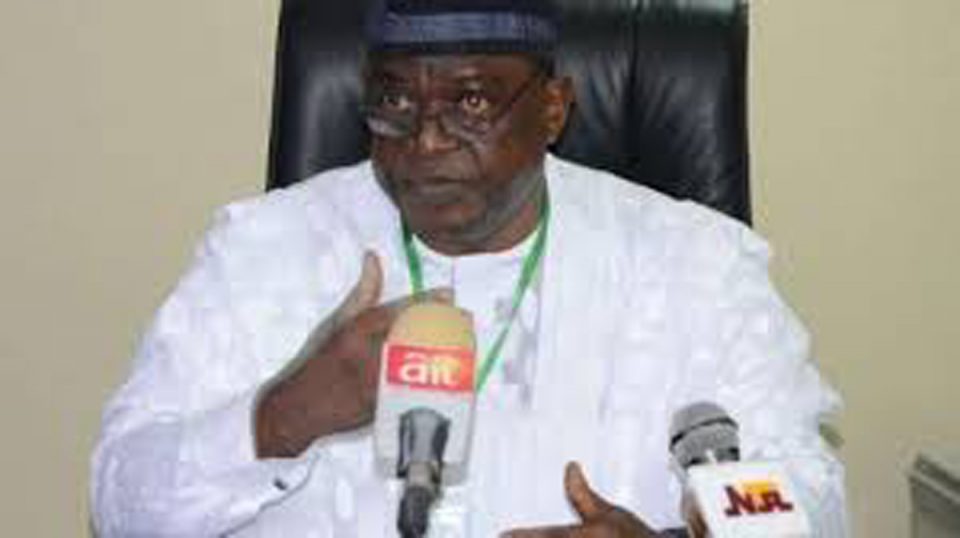The Federal Government on Monday warned foreign investors against subjecting Nigerians working in their companies to industrial slavery.
The government said the warning became necessary following several complaints against foreign companies maltreating some of their staff.
The Chief Commissioner, Public Complaints Commission, Chile Igbawua, issued the warning during a courtesy call on him by a delegation of Pan Africa United Youth Developments Network who came to lay complaint against some foreign companies allegedly maltreating Nigerians working under them.
The PCC said that it would not allow only its state commissioners to handle the issues due to their magnitude as there had been so many complaints about the ways some of the foreign companies were treating their staff.
At the event, the leader of the delegation, Habib Muhammed, expressed concern over alleged injustice and irregularities perpetrated by some company on Nigeria youths whom they engaged as factory workers.
He called on the Federal Government to look into the alleged slavery and injustice meted on Nigerian youths.
While calling on the foreigners to obey the labour laws of Nigeria, Igbawua said, “Our resources cannot be used to enslave us again.”
He said, “We have labour laws in Nigeria for goodness sake and we also have industrial standards; people working in various industries are entitled to good working conditions and minimum conditions of service.”
He added that the law was clear on the issue of casualisation and should be implemented.



